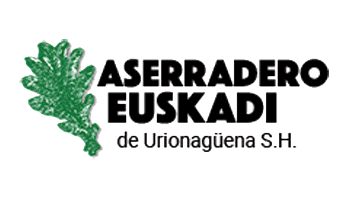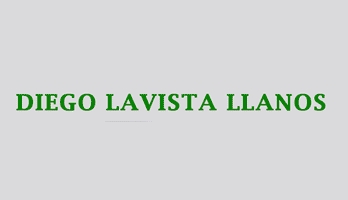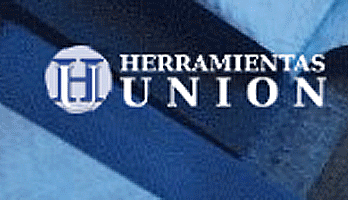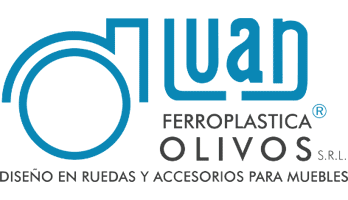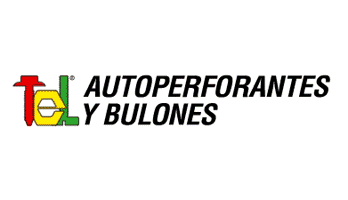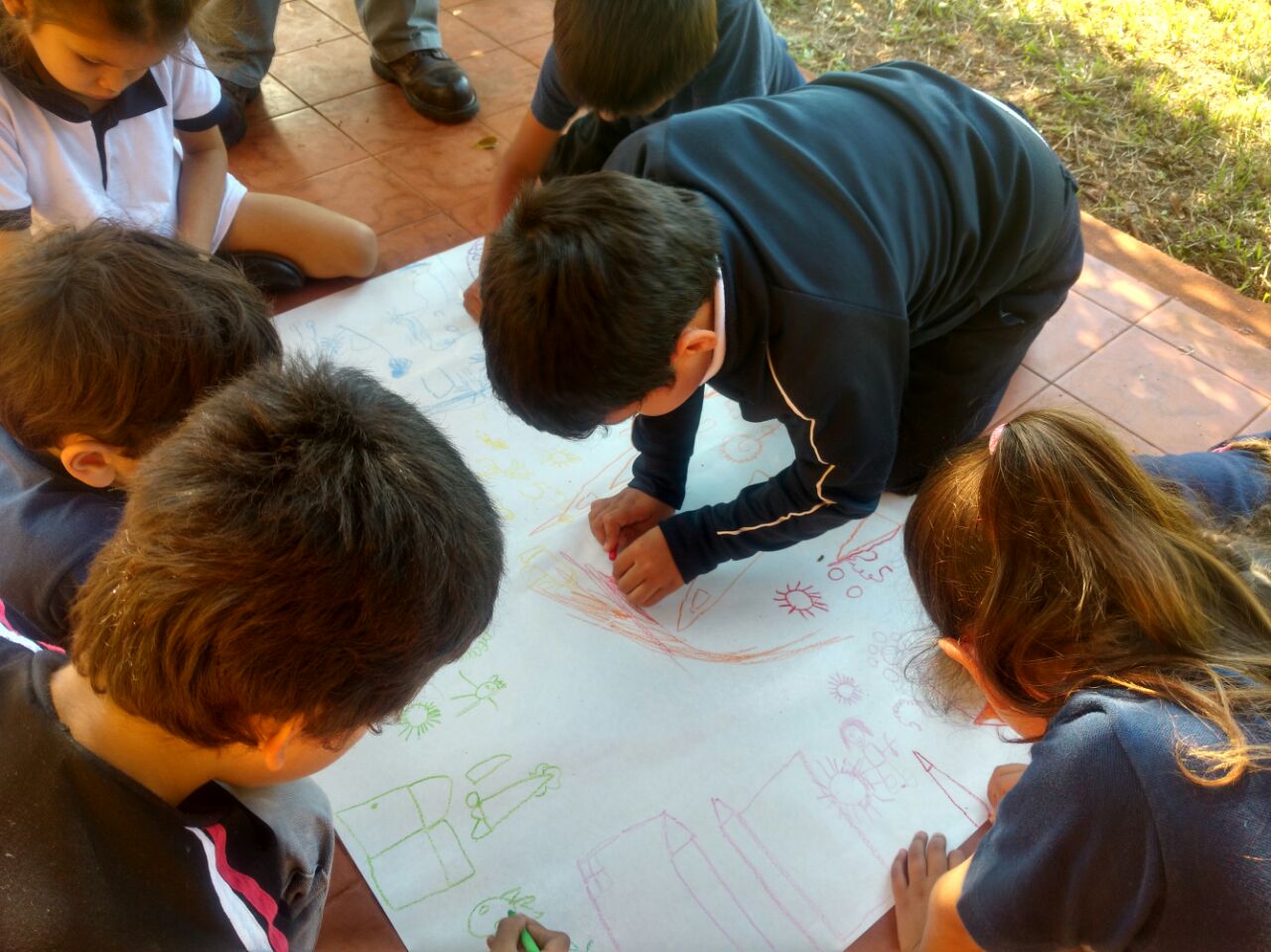
With more than 10 years of experience, the “More Forests, More Future” program has already reached more than 7000 children. Enrollment for elementary schools is open.
Corrientes, August 2021- The pandemic accelerated the process of digital transformation in almost all areas of life, impacting the way of studying and learning. For this reason, and with the aim of continuing and expanding the scope of the program, Pomera Maderas reconverted its environmental education content to the digital format.
Through didactic videos and recreational activities, the “More Forests, More Future” program brings to the students of primary and secondary schools in Corrientes and Misiones contents related to the forestry sector, the preservation of ecosystems and sustainable production. In this way, it seeks to promote the incorporation of good practices and increase environmental commitment in childhood and adolescence, from a perspective of respect and responsible use of natural resources.
Since 2010, Pomera Maderas has fostered an active and close link with the schools in the region: the program has been taught in 18 schools per year since its launch in 14 localities in the area and during its history it reached more than 7,000 students. Until 2020, different workshops were held in schools in person: "The Forest and the Jungle" with primary schools and "The Forest Cycle", "Safety in Rural Work", "Responsible Use of Fire and Forest Fires" with secondary schools .
“With the arrival of the pandemic and the closure of schools, we saw the need to reconvert and update both the format and the content that had been developed. So it was that we worked on digital pieces to be able to share with the institutions by WhatsApp or YouTube, with the idea that they could be consumed in a more flexible way by each teaching team according to their possibilities ”, highlighted Griselda Guarino, Head of MASSO of Pomera Maderas .
The proposal proposes a journey that goes from the most general knowledge to the most particular. It begins with content on ecoregions, continues with the theme of native and implanted forests and ends by explaining the forest cycle. Through these materials, students will be able to identify with their natural environment, understand the current challenges that arise in their place of belonging and will be able to value their role as key social actors for the sustainable development of that environment.
Enrollment in the program is currently open, aimed at the first and second cycle of primary schools in the south of the province of Misiones, north and center of the province of Corrientes. Including educational centers in the towns of Gobernador Virasoro, Garruchos, Garaví, San Alonso Area, Colonia Unión Area, Ituzaingó, Santa Tecla Area, Libertad Area, Villa Olivari, Nueva Abana Area, Colonia Santa Rosa, Posadas, Garupá. Interested schools can contact: masbosquesmasfuturo@gmail.com.

IT MAY INTEREST YOU
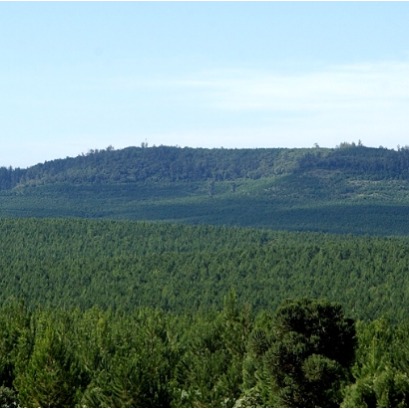 Free seminar on the implementation of the European EUDR regulation on deforestation-free wood products
Free seminar on the implementation of the European EUDR regulation on deforestation-free wood products
The Argentine Forestry Association (AFoA) organizes the seminar «EUDR in Forest Products: Current status of implementation. Regulatory requirements and private experiences", which will take place on Wednesday, November 26, from 11:00 a.m. to 12:00 p.m., via Zoom, with live streaming on YouTube. The European Regulation on Deforestation-Free Products (EUDR) will enter into force on December 31, 2025 and will impose new requirements for forest products entering the European Union market.
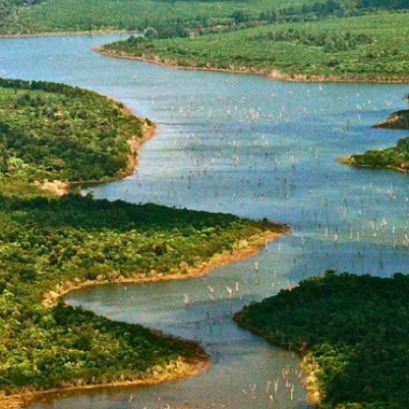 The second largest wetland in South America is located in Argentina: what is it?
The second largest wetland in South America is located in Argentina: what is it?
Argentina has national parks that place it in a unique position within South America, competing with 300 others. Which is the largest? South America is home to more than 300 national parks, but many go unnoticed. There are extensive wetlands that have been the subject of major ecological restoration projects, to coastal mountains with deep indigenous heritage. Today we tell you the case of one located in Argentina.
 Missions | New illegal felling in the Piñalito Provincial Park in San Pedro reveals the silent expansion of deforestation in protected areas
Missions | New illegal felling in the Piñalito Provincial Park in San Pedro reveals the silent expansion of deforestation in protected areas
The advance of deforestation on protected areas was once again evident this week in the Piñalito Sur Provincial Park, in San Pedro, where the Ministry of Ecology and Renewable Natural Resources confirmed a new case of selective illegal logging. The event occurs in a context of growing concern about the fragility of the environmental control system in rural and border areas, where the scarcity of resources, personnel and logistics limits the capacity of surveillance against criminal organizations organized to steal native woods and market them on the black market in connivance with sawmill owners.










